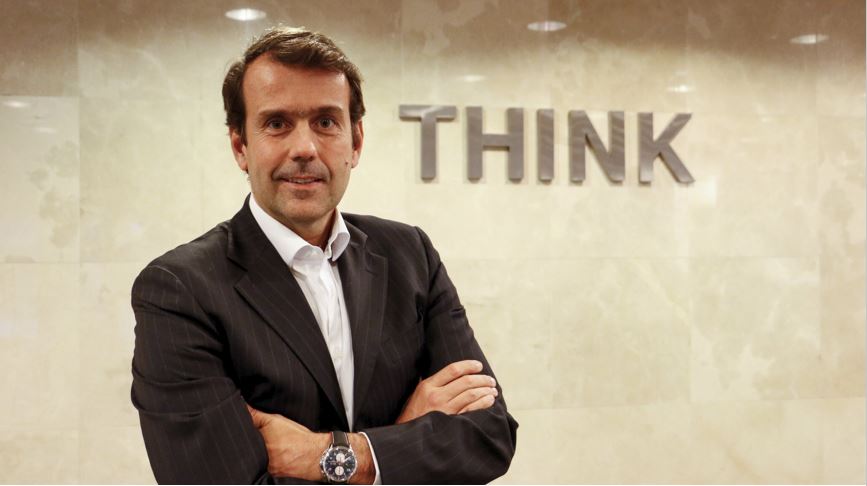 *Tonny Martins
*Tonny Martins
Artificial intelligence (AI) is changing the way businesses operate, from communicating with their customers through virtual assistants to automating critical workflows or managing network security. In Latin America, data on AI usage is strong: 21% of IT professionals interviewed in the region noted that their businesses are using AI now, while 43% reported that their organizations accelerated AI deployment as a result of the COVID-19 pandemic , according to the AI Adoption Index, carried out by Morning Consult, at the request of IBM.
While I see this accelerated adoption in companies of different sizes and industries, which recognize the value of AI as a key to meeting different challenges, increasingly these organizations and the market in general are starting to worry about how this technology is being used. Today, these considerations are more important than ever because AI can have a significant impact on people's lives. That's why organizations and providers using AI have a fundamental responsibility to build systems of trust and ensure that technology is designed and used responsibly at all times throughout the AI lifecycle.
For that reason, we believe in ethical and trustworthy AI. In this sense, IBM has developed multidisciplinary and multidimensional principles, pillars and practices. The principles make it clear that the purpose of artificial intelligence is to increase human intelligence; that AI should benefit all of society; that the data and insights generated belong to its creator; and that powerful new technologies, like AI itself, must be transparent, accountable, and mitigate harmful and inappropriate biases.
The conception of these principles and pillars gave rise to practices that see their fruits in the integration of work groups to discuss, recommend and guide the development and implementation of artificial intelligence. Through a AI Ethics Council which provides centralized governance and decision-making authority, a culture of technological ethics is fostered throughout the company. It is through a commitment to these principles that it is possible to help prevent prejudice, for example, from being transmitted to AI solutions that enable us to face the needs of companies so that they can move forward in the implementation of the technology with confidence.
As a company, we are looking to develop solutions specifically designed to help companies not only establish and execute AI strategies, but also build confidence in their current and future AI systems and get them up and running. Responsible AI is not an isolated topic of one company or another: achieving it requires an open and diverse ecosystem.
And we do this by working hand in hand with the entire innovation ecosystem in Latin America – including our customers, universities and civil society organizations, among others – to encourage the responsible use of technology. We work together to ensure that AI is enriched from the plurality of the data ecosystem, with a variety of professionals and partners who enable feedback and continuous improvement in this area. It is up to all actors to ensure the ethical use of technologies through joint work.
AI has the potential to transform the way we live and work. Our responsibility is to use it following ethical and transparent principles for a business future and a better society for all.
*Tonny Martins, General Manager, IBM Latin America
Notice: The opinion presented in this article is the responsibility of its author and not of ABES - Brazilian Association of Software Companies













